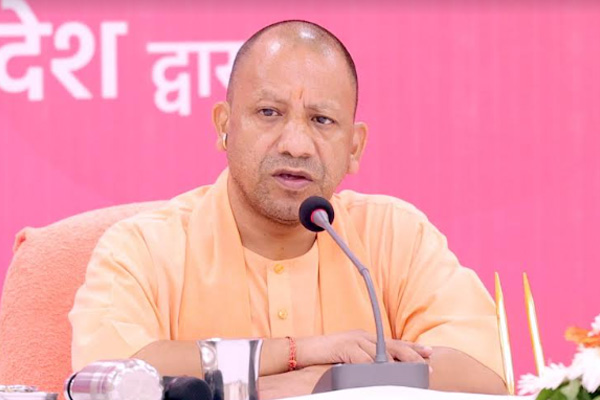Lucknow: The Yogi government has introduced a significant change in the admission process for government and private Industrial Training Institutes (ITI) in Uttar Pradesh, aiming to enhance the technical qualifications of the state’s youth.
Beginning with the admissions for 2024-25 and future sessions, candidates now have the freedom to select their preferences across districts, institutes, and courses within the state.
This amendment allows candidates to prioritize their choices in Group A and B of government and private ITIs voluntarily.
Previously, for government ITIs, candidates could select options from a maximum of 3 districts, 6 institutes, and 10 trades, while for private ITIs, the limit was up to 25 institutes in 3 districts.
Option to freeze and float seats available
Kapil Dev Agarwal, the State’s Minister of Skill Development, Vocational Education, and Entrepreneurship (Independent Charge), said that as per the arrangement prescribed for the academic session 2024-25 under the revised admission process, the candidate will have the facility to voluntarily add the option of any district, institute, trade and course of the state in the preference order of Group A and B Government ITI and Private ITI.
Similarly, the facility of freeze/float will be available to give the upgraded option of district, institute, trade, and course against the vacant seats in the first and second phase of private ITI.
Seats to be allocated based on the preference list
The process of online seat allocation in all four phases based on the merit of educational qualification has also been amended. In the first phase of seat allocation in government and private ITIs, candidates will be allocated seats according to the preference list of their respective groups.
The system will check if a candidate can be allocated a seat based on their merit and reservation category according to their first preference.
If not, the process will repeat for the next district, institute, trade, and course marked in their preference list, until a seat is allocated from the entire list of preferences.
This will ensure that the seat allocation begins in the first phase according to the preference order of the group.
Opportunity for admission to higher preferences
In the second phase of the admission process for government/private ITIs, candidates who did not get admission to their higher preferences in the first phase may have an opportunity for admission in the place of candidates featured on the first list who did not opt admission for some reason in some institutes in the first phase.
However, if such candidates wish to change their preferences, those admitted to government institutions will have the opportunity for further admission to government institutions, and those admitted to private institutions will have the opportunity to upgrade to private institutions.
After completing the upgrade process, those candidates who were allocated any institution in the first phase will be separated first. Then, the allocation process for the remaining seats will be carried out again according to the first phase. The upgrade list and second choice list will be displayed again on the council’s website.
The process to be completed within 4 days after registration
Following the second phase, the process of upgrading candidates to government/private ITIs will be conducted according to the second phase. Details of vacant seats will be prepared and made available on the website, allowing candidates to reselect their options during registration. If a candidate does not wish to provide a new option, they will be allocated districts/institutions/businesses and courses according to their merit based on the options given in their admission form in the first phase.
The selection process will be completed within 4 days after registration, and candidates will be given a maximum of 5 days to take admission. In the third phase, only candidates who were not allocated any seats in the first and second phases will be considered for seat allocation. After allocation in this phase, the remaining seats will be unreserved, and the allocation process will be repeated similar to the first phase.

